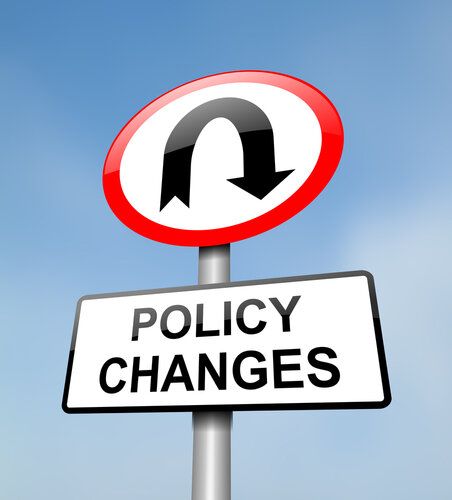Becoming A New Zealand Citizen Is Now A Waiting Game
by Elly Fleming
03 April 2024
Many New Zealand citizenship applications by grant – where the applicant and their parents were born outside of New Zealand – are languishing in limbo with the Department of Internal Affairs’ (DIA) Citizenship Office, with some people waiting for over 12 months for an outcome.
With the prospect of lengthy processing timeframes, it is critical for residents applying for citizenship to get professional advice and assistance before they start the process to ensure they can, in fact, meet all requirements for citizenship before they embark on this process with the DIA.
Dotting your I’s and crossing your T’s
One of the key requirements – and one that often trips up applicants – is the minimum ‘presence in New Zealand requirement’ that must be met in the five years prior to application:
- at least 240 days in each 12-month period, and
- 1,350 days across the five years.
The DIA has an online Presence Calculator to check if the presence requirements have been met, but it is often inaccurate. This means applicants could unintentionally get caught out by either believing they are not eligible to apply when they are, or believing that they can apply when, in fact, they don’t meet the minimum number of resident days in the country.
Not meeting the resident days requirement, even if the DIA’s own calculator was used to check eligibility, will result in applicants waiting in the queue in vain – potentially for months – only to receive a negative outcome. Pitt & Moore’s immigration law experts can help confirm if applicants have met all the requirements for citizenship in advance, to avoid this sort of disappointment.
Applicants with complex personal histories, such as any criminal convictions, should also get tailored legal advice before submitting their New Zealand citizenship application. Pitt & Moore also recommends preparing all the required identification documents in advance, as it can take time to track them down or get any in foreign languages appropriately translated.
Managing timeframe expectations
To date, there are over 26,000 residents waiting to become New Zealanders. Even when an application has been submitted correctly, the Citizenship Office’s online citizenship timeframes webpage currently states 94% of applicants are granted citizenship within 19 months.
As was recently reported in RNZ, for many hopeful citizens, the wait time for application processing has ballooned, with many applicants left in the dark for long periods of time. Furthermore, while they remain in the queue, applicants are required to manually submit all travel plans and life changes (such as marriage or divorce) to the Citizenship Office via email – an added administrative burden on both the applicant and on DIA staff.
Pitt & Moore is aware the DIA’s online application system remains frustratingly opaque, with applicants unable to get updates on the status of their application or where they are in the queue. It is something Pitt & Moore has raised with the Citizenship Office multiple times, in an attempt to see improvements for applicants.
Why being a New Zealand citizen is still worth it
We understand the value of being a New Zealand citizen, and we understand the value of new migrants to New Zealand. Despite the red tape, there are many good reasons to become a New Zealander:
- Citizens can live, work and travel in and out of the country without limitation and without being subject to New Zealand immigration policies – granting an added aspect of security.
- Generally, New Zealand citizens are eligible for a free Special Category Visa (SCV) in Australia upon arrival. With a SCV, New Zealanders can enter and stay in Australia on an indefinite basis; visit, work and study; and can apply for a permanent visa if eligible. New Zealand citizens who have lived in Australia as SCV holders for four years or more may be eligible to apply directly for Australian citizenship as well.
- The New Zealand passport is ‘high quality’, currently joint sixth in the global Henley Passport Index, tied with Australia, Czechia and Poland. It enables travel visa-free or with access visas on arrival to 189 countries.
- Being a New Zealand citizen is also one of the requirements to stand as a candidate to become a Member of Parliament in a general election or by election, or for standing for election to local council.
- Becoming a New Zealand citizen enables the purchase of ‘sensitive land’ in New Zealand without needing prior approval from the Overseas Investment Office , if desired.
Pitt & Moore is here to help
Our experienced team of immigration lawyers is here to help applicants navigate all aspects of citizenship, and advising on any issues that may prevent citizenship from being granted.

















